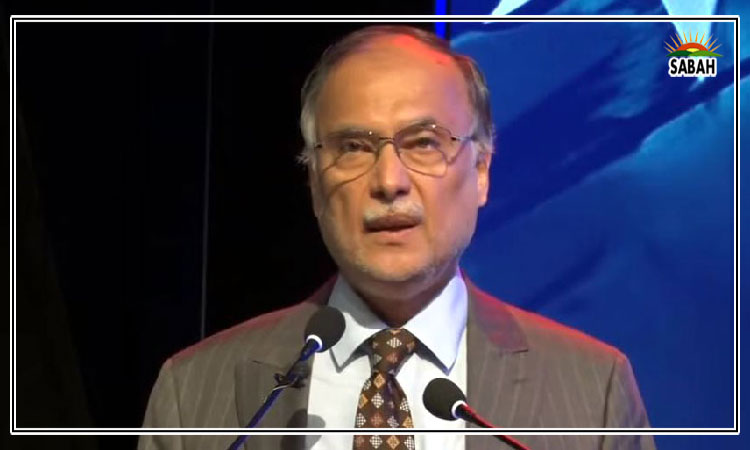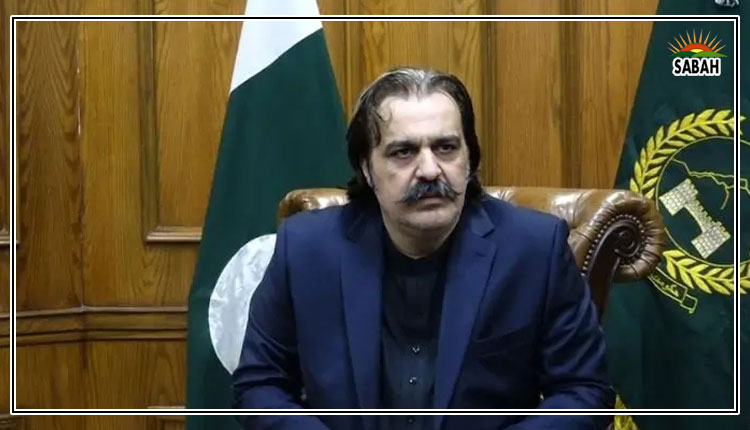Internal security …Mohammad Ali Babakhel
a safe haven for criminals and terrorist groups. Internal instability, militancy, and military operations in Balochistan, KP, and tribal areas have resulted in demographic transitions and haphazard urbanisation. The ineffective and dysfunctional local government institutions have made the situation further complicated.
Meanwhile, globalisation has enabled terrorists to conduct operations with greater ease. The presence of violent non-state actors on the internet and the dissemination of disinformation on social media pose serious security challenges. Encrypted communication has rendered LEAs completely helpless.
The internal security apparatus follows a legal code that requires amendments with changing realities. Our legal system, including the Criminal Procedure Code and the Pakistan Penal Code, are imperial-era recipes. An effective legal framework ensures institutional accountability and guarantees the protection of civil liberties.
A living state has the ability to draw a clear line between internal and external security threats and create linkages between foreign and internal security policies. Pakistan is an over-legislated country.
A transition from mere lawmaking to an implementation-centric, public service approach is needed. Readjustment of provincial boundaries, including newly merged districts, will bring administrative ease while tackling internal security issues.
The redefining of the role and functions of the Council of Common Interests and the reconsolidation of the internal security apparatus will earn positive dividends for national security.
The writer is author of Pakistan: In Between Extremism and Peace.
X: @alibabakhel
Courtesy Dawn, November 18th, 2023












